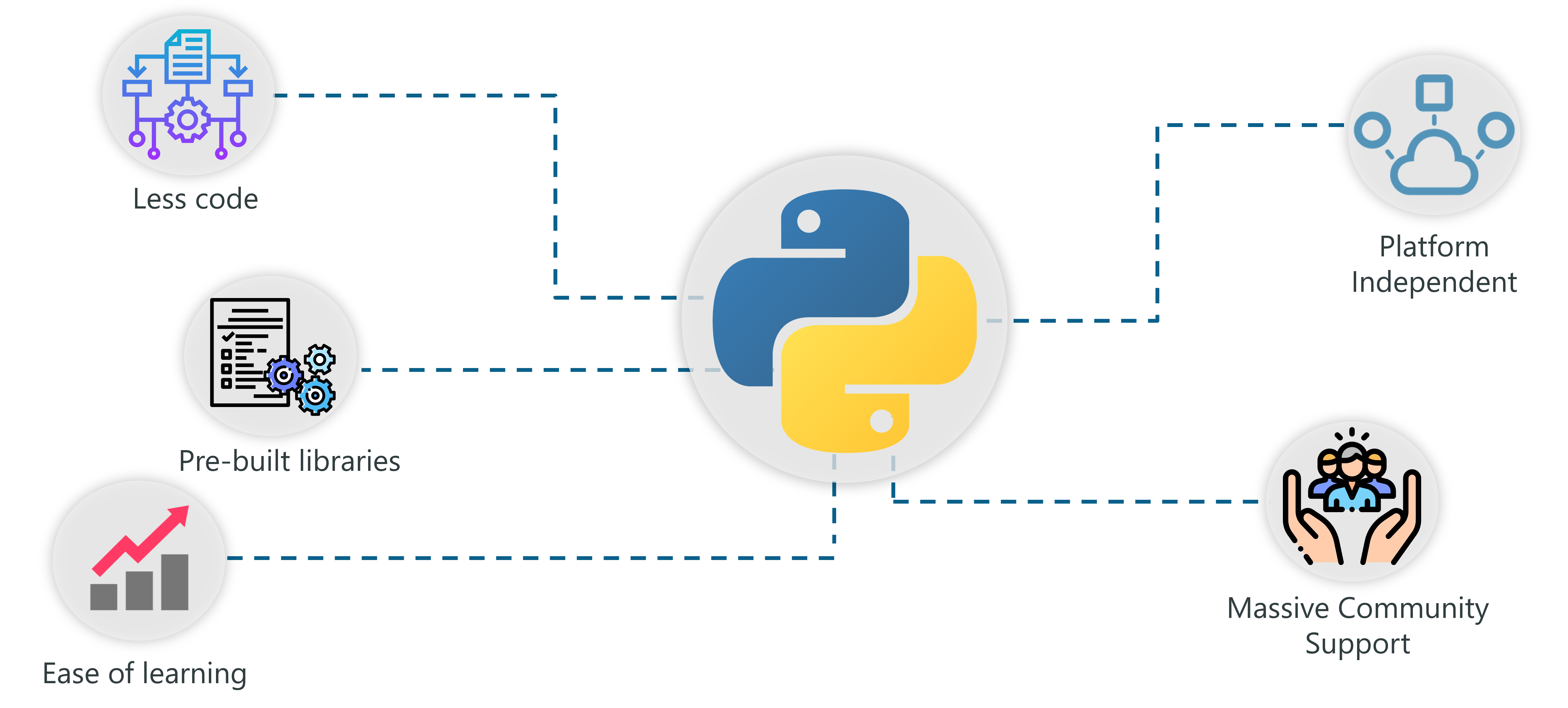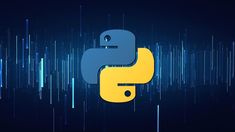In the world of programming, Python has emerged as a powerhouse language that is revolutionizing the way developers create applications, conduct data analysis, and build artificial intelligence models. With its clean syntax and extensive library support, Python has become a go-to language for beginners and seasoned programmers alike. In this article, we will discuss the importance of Python and provide guidance on how you can learn this versatile language.
Importance of Python:

1. Versatility: Python is a versatile language that can be used for a wide range of applications, including web development, data analysis, machine learning, and automation. Its flexibility and ease of use make it an ideal choice for both small projects and large-scale applications.
2. Popularity: Python has gained immense popularity in recent years, with organizations such as Google, Facebook, and NASA adopting it for their projects. This widespread adoption has created a high demand for Python developers, making it a valuable skill to have in today's job market.
3. Community Support: Python has a large and active community of developers who contribute to its development and create libraries and frameworks to extend its capabilities. This community support means that there is a wealth of resources available to help you learn and master Python.
4. Readability: One of the key strengths of Python is its readability. The language's clean and concise syntax makes it easy for developers to write and understand code, resulting in faster development cycles and fewer errors.
How to Learn Python:
1. Online Tutorials: There are numerous online tutorials and courses available that can help you learn Python from scratch. Websites like Codecademy, Coursera, and Udemy offer beginner-friendly courses that cover the basics of Python programming.
2. Books: There are also a variety of books on Python programming that cater to different skill levels. Some popular titles include "Python Crash Course" by Eric Matthes and "Automate the Boring Stuff with Python" by Al Sweigart.
3. Practice, Practice, Practice: The best way to learn Python is by practicing coding regularly. Set aside time each day to work on coding challenges, build projects, and experiment with different concepts. This hands-on approach will help you solidify your understanding of Python and improve your programming skills.
4. Join Coding Communities: Joining online coding communities like Stack Overflow, Reddit, and GitHub can provide you with opportunities to connect with other Python developers, seek help when you get stuck, and collaborate on projects.
in the end :
Python has become an essential language for anyone interested in programming, data analysis, or artificial intelligence. Its versatility, readability, and community support make it a valuable skill to have in today's tech-driven world. By following the tips outlined in this article, you can start your journey to mastering Python and harnessing its power for your projects. So what are you waiting for? Start learning Python today and unlock a world of possibilities!
And here are some important links:
1. Python.org: The official website of the Python language containing comprehensive and useful information and official documentation.
2. W3Schools: A website offering educational courses and interactive exercises to learn Python in a simple way.
3. Codecademy: An educational platform offering interactive and fun courses to learn Python and programming in general.
4. Python.org: The Python language courses section on Coursera offers a wide range of educational courses from international universities.
5. Real Python: A website offering high-quality articles and educational lessons to learn Python and improve programming skills.
6. Python for Everybody: A free educational course on edX to learn Python and use it in web application development.

